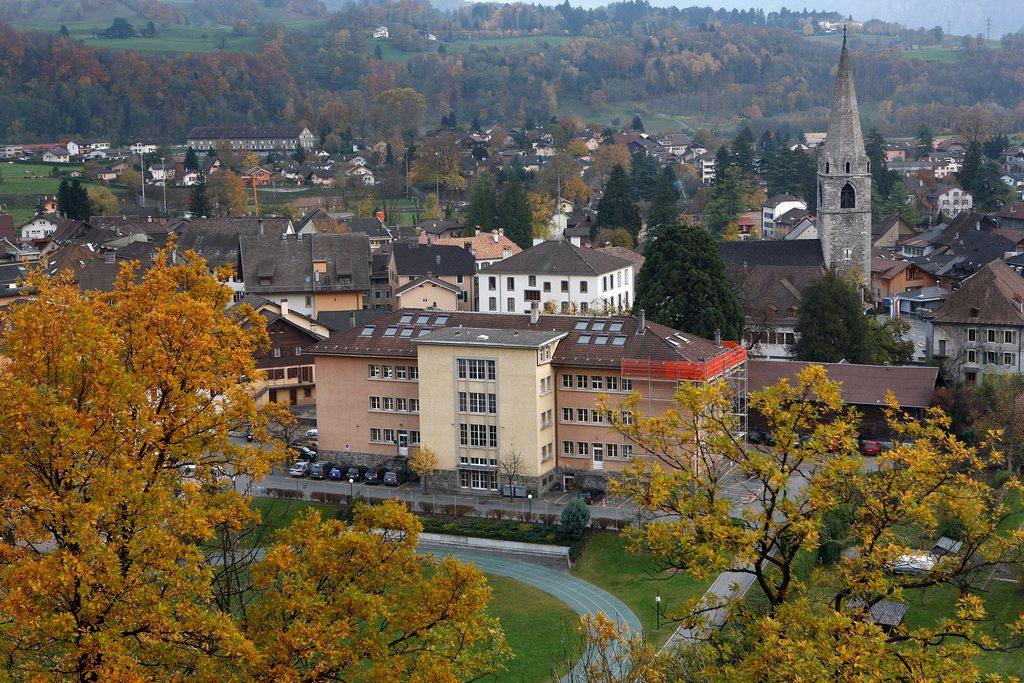
Switzerland: border controls not enough to curb irregular migration

Switzerland’s migration agency says scaling up border controls is not enough to completely prevent irregular migration.
“National and unilateral measures do not solve any challenges, but merely shift responsibility to the external border states. This must be prevented,” a State Secretariat for Migration spokesperson told the Swiss News Agency on Thursday.
The comment by the Swiss agency was in response to a proposal by German Interior Minister Horst Seehofer to boost Germany’s border controls to curb irregular migration.
At its southern border with Italy, Switzerland has a policy of sending back migrants. The Swiss Border Guard says 2,556 persons were handed to “foreign authorities” for the January-May 2018 period from border region IV along the Italian border.
In regions I and II, which skirt the 350-kilometre border with Germany, 2,300 undocumented migrants were caught by the Swiss authorities during the first five months of the year.
Switzerland supports a fair redistribution of migrants in the Schengen states, the Swiss spokesman declared.
“Together with the alignment of material standards in the Dublin States, this is the best way to ensure that the rights of those seeking protection are safeguarded and secondary movements are prevented,” the spokesman said.
The Dublin Regulation lays out the responsibilities of EU member-states in processing asylum applications and the Schengen Agreement allows for passport-free travel within its 26 members, which include Switzerland. Under the Dublin Regulation, the responsible member state is the one through which the asylum seeker first entered the EU. The 28-member bloc is currently struggling to reform this regulation.

More
Refugees and locals learn to live together in Swiss town

In compliance with the JTI standards
More: SWI swissinfo.ch certified by the Journalism Trust Initiative































You can find an overview of ongoing debates with our journalists here . Please join us!
If you want to start a conversation about a topic raised in this article or want to report factual errors, email us at english@swissinfo.ch.